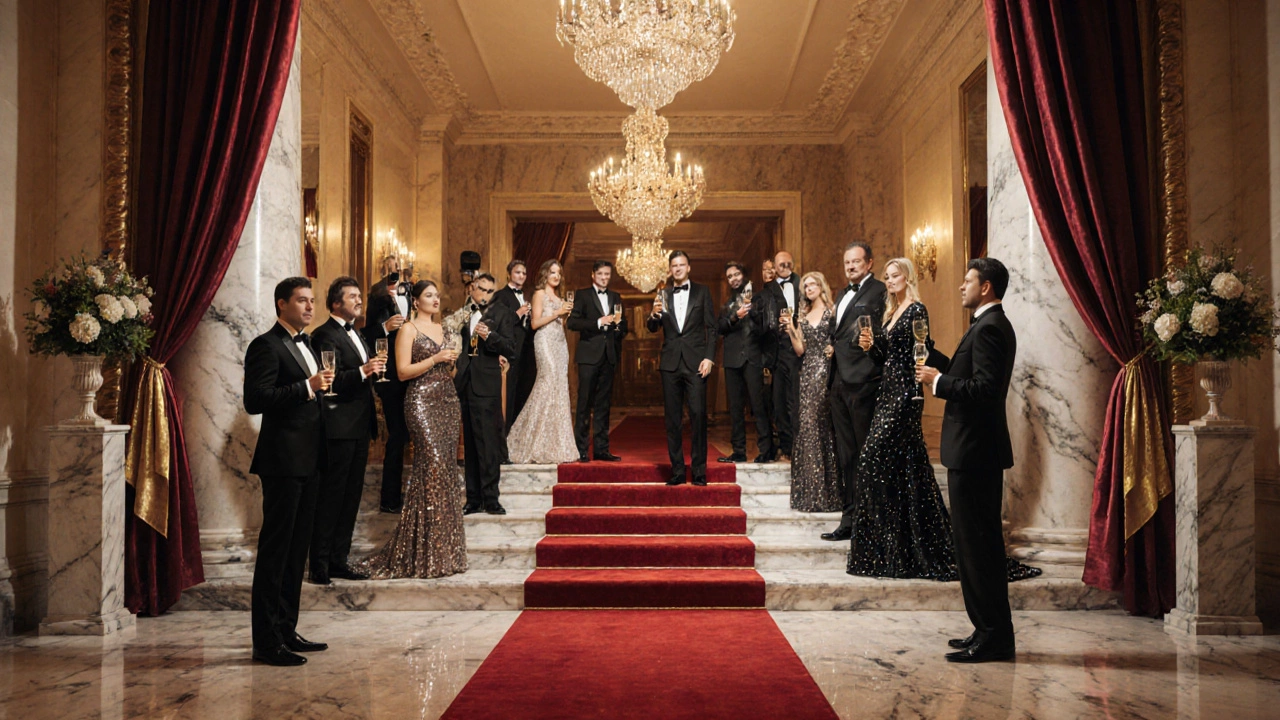Charity Event Guide: How to Plan, Fund, and Run Successful Community Events
When you organize a charity event, a planned gathering designed to raise funds or awareness for a social cause. Also known as fundraising event, it’s more than just a party—it’s a tool for change that connects people, resources, and purpose. A well-run charity event doesn’t need a big budget. It needs clarity, heart, and a plan that actually works. Many people think you need celebrities or a huge venue to make an impact. That’s not true. The most successful events are simple, local, and built around what the community already cares about.
Behind every strong charity event is solid volunteer coordination, the process of recruiting, training, and managing people who give their time to support the cause. Volunteers aren’t just helpers—they’re the backbone. If they’re overwhelmed, confused, or unappreciated, the event falls apart. Good coordination means clear roles, easy communication, and real recognition. It also means knowing what not to ask for. You don’t need 50 people doing the same job. You need 15 who know exactly what to do and why it matters.
Then there’s fundraising events, structured activities designed to generate financial support for nonprofit causes. These aren’t just bake sales and raffles. They’re opportunities to build relationships. A silent auction at a local café, a walkathon through the park, a talent show at the community center—these work because they’re personal. People give when they feel connected. Sponsorships, merch sales, and crowdfunding can boost revenue, but only if they feel authentic. Don’t push people to donate. Show them the impact. A photo of a child who got school supplies because of last year’s event means more than a spreadsheet.
And don’t forget community outreach, the active effort to engage local residents, businesses, and groups in a shared cause. You can’t run a charity event in a bubble. Success comes from who you bring in. Talk to schools, churches, small businesses, and local leaders. Ask what they care about. Find the overlap. Maybe the bakery wants to donate cookies because they support kids’ programs. Maybe the hardware store will sponsor a tent because they believe in clean parks. These aren’t transactions—they’re partnerships.
Some events fail because they’re too vague. "Help the homeless" sounds noble, but it doesn’t tell people what to do. "Buy a meal ticket to feed 100 kids this weekend"—that’s clear. Specific goals drive action. Same with timing. Don’t plan a big walk in the middle of monsoon season. Don’t schedule a fundraiser on the same day as the big football game. Read your community’s rhythm.
You’ll find real examples below—how people turned a free event into real money, what not to give to homeless neighbors, how to keep volunteers from quitting, and which charities actually deliver results. These aren’t theory pieces. They’re stories from people who did it, messed up, and tried again. You don’t need to be an expert. You just need to start. Pick one idea. Talk to one neighbor. Try one small thing. The rest? It’ll follow.
What Happens at a Charity Gala? Activities, Etiquette & Fundraising Tips
Discover what really happens at a charity gala, from dinner and live auctions to etiquette and fundraising tactics, plus tips for volunteers and planners.
Read More